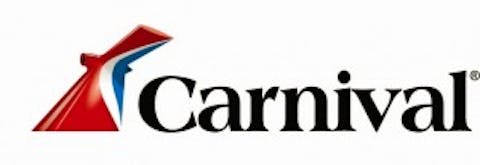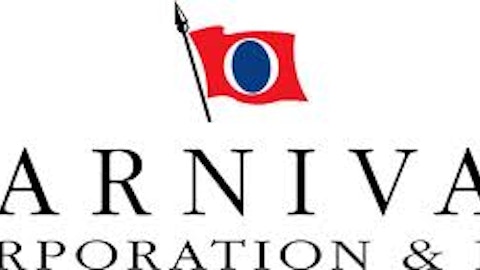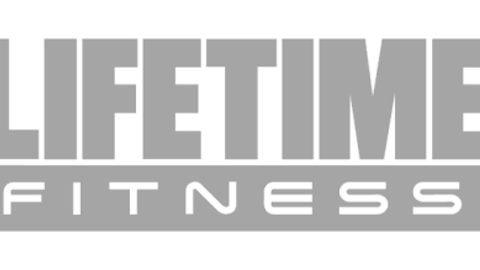During economic recessions, vacation activities can turn into a luxury good as disposable income is reduced. Hence, the leisure industry has suffered quite a bit during the last few years. Nevertheless, an analysis of three industry leaders, Interval Leisure Group, Inc. (NASDAQ:IILG), Carnival Corporation (NYSE:CCL), and International Speedway Corporation (NASDAQ:ISCA) will let us know whether there are profits coming their way.
Cruising to a better future

Today, Carnival Corporation (NYSE:CCL) continues to wrestle with the Concordia and Triumph incidents and rising fuel prices. At the same time, the firm is experiencing slower bookings in the US and Europe, cutting revenue short. Tomorrow, cost reduction policies will enter and deepen its footprint in new and underexploited markets, guaranteeing mammoth future profits.
Looking at finances, Carnival Corporation (NYSE:CCL) has done better. At this point, revenue and net income have suffered due to an adverse economic environment. On the other hand, cash flow and debt do not present great changes in the same period. Most importantly, since 2008 operating margin has been reduced to a historic low of 17.5%. Nevertheless, the model remains operable and lower performance is mainly due to exogenous variables.
Trading at 28.7 times its earnings, packing a 30% discount to the industry average, with a yield of 2.77% and dividends of $0.25, and a price in the middle of its 52-week range, the stock is undervalued and tempting. It is recommended to buy because economic recovery will disproportionally benefit Carnival Corporation (NYSE:CCL), due to is advantageous market position.
Acquisitions over shareholders
Based out of Miami, Florida, Interval Leisure Group, Inc. (NASDAQ:IILG) is the second largest family vacationing time and entertainment package provider. The firm is present in 75 countries and operates 2400 resorts, with approximately 2 million subscriptions, and has the largest time-share operation in the world. The latest news indicates the company has increased its presence in the Mexican vacationing market.
In the short term, risks are minimized because Interval Leisure Group, Inc. (NASDAQ:IILG)’s customer is richer than the industry median, memberships are pre-paid, and erosion is low. For the long run, however, the situation is complicated. New users are hard to come by during economic headwinds, and changing conditions in the credit market may slow performance. Also, new acquisitions are questioned because they limit rewards to shareholders.
Financially, Interval Leisure Group, Inc. (NASDAQ:IILG) is very strong. Revenue and cash flow have experienced increments during the last years, while net income remained stable. Most importantly, debt has been considerably reduced during the same period. Operating margin, however, has been unstable and today stands at 24% from a previous high of almost 30%.
Carrying a 6% discount to the industry, while trading at 24.6 times its earnings, a 1.89% yield and dividends at $0.10, while the price tag is $0.50 below the 52-week high, the stock is fairly priced. In the end it is recommended to hold because associated risks remain high for a long-term investment. Keep looking for developments in the credit market and debt levels.
Racing to a better future
Based out of Daytona Beach, International Speedway Corporation (NASDAQ:ISCA) owns and manages most NASCAR circuits. Revenue is generated through ticket sales, broadcasting rights, sponsorship fees, souvenir sales, and catering services at race events. Lately, the firm has announced a new project for Daytona speedway worth $400 million.




